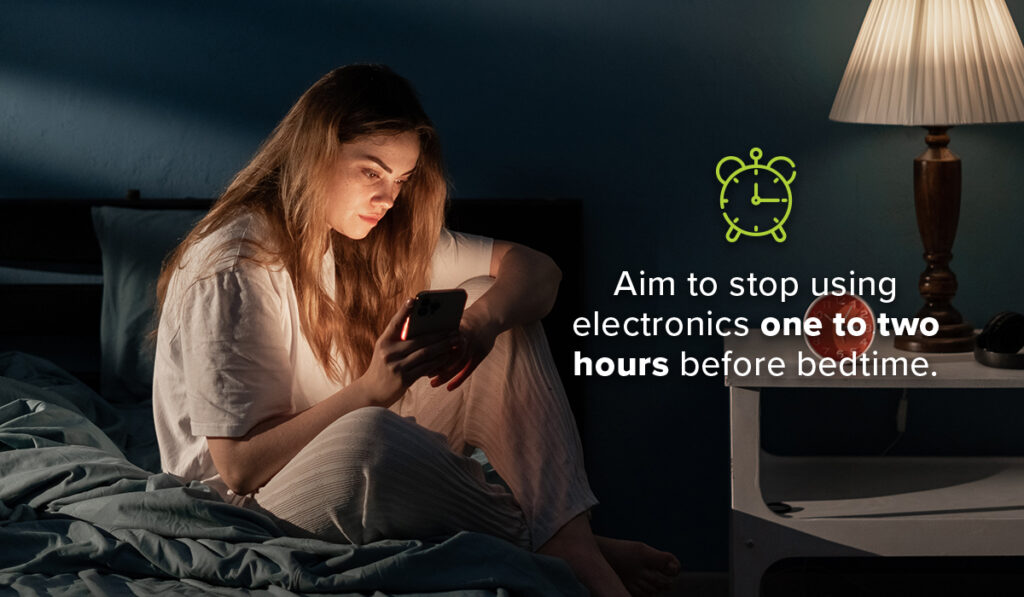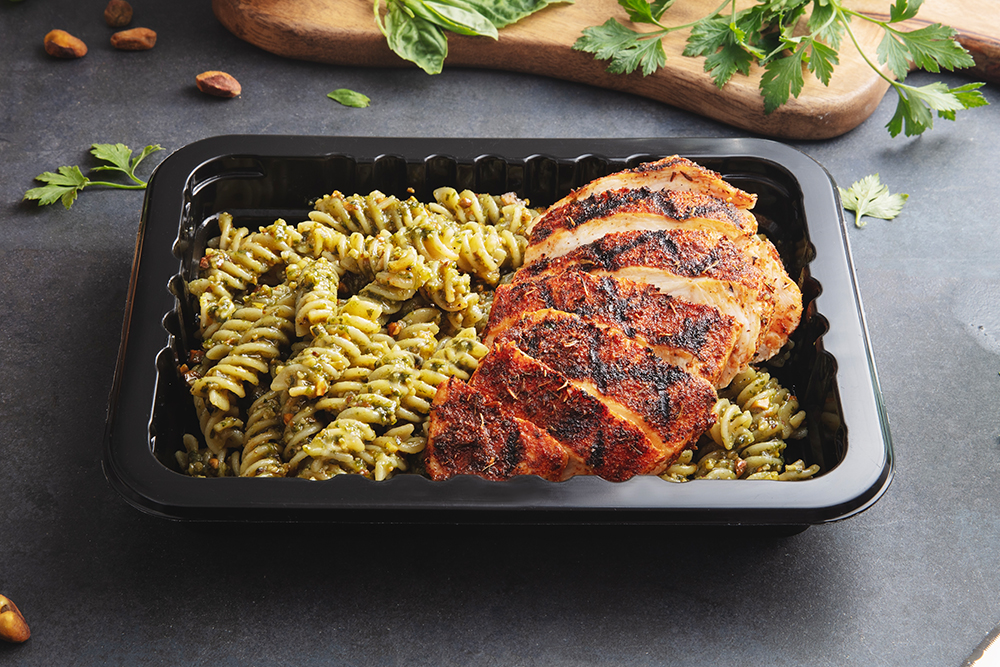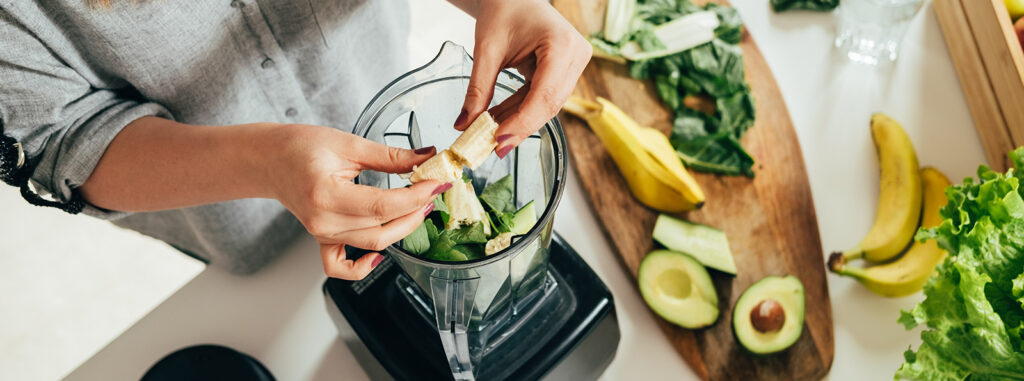The bookends of your day are crucial for establishing healthy habits. These key times—the first hour after you wake up and the last hour before you go to bed—are ideal for habit formation because they occur before and after your other responsibilities, such as work, school, and family commitments. These quiet periods offer a chance to focus on yourself before you engage with others. Let’s explore some healthy habits you can incorporate into these bookends of your day and how to implement them effectively.
Morning Habits
You might be familiar with the saying, “the early bird gets the worm.” Establishing habits first thing in the morning can help ensure they get done, no matter what the rest of the day brings.
Here are a few ideas to consider:
- Morning Walk

Research consistently shows that getting thirty minutes of light exposure upon waking helps regulate your body’s circadian rhythm. This, in turn, supports morning energy levels and improves sleep onset at night. Adding a walk to your routine provides additional health benefits, such as reduced stress and better blood sugar control. Even on overcast days, you can still reap these benefits as long as the light levels reach at least 10,000 LUX, which can be measured with a light meter app on your phone.
To make this a habit, consider setting out your clothes and shoes the night before.
- A Protein-Rich Breakfast

Rethinking breakfast cereals and pastries? Opt for a protein-rich breakfast instead, as it offers science-backed benefits for your metabolism, curbing food cravings, and enhancing focus. Research shows that a high-protein breakfast not only improves your blood sugar response from that meal but also positively impacts subsequent meals throughout the day.
To make it easier, try prepping your breakfast in advance or having a ready-made option on hand. We’ve got you covered—try one of our breakfast dishes, each packed with at least 30 grams of protein!
- Electrolytes

Drinking water with electrolytes like sodium and potassium first thing in the morning can help rehydrate and energize you after a night’s sleep. Sodium and potassium are essential for ensuring that the water you drink properly hydrates your cells. This is especially important for those following a lower-carbohydrate, whole foods diet. With reduced carbohydrate intake, sodium absorption decreases due to lower glycogen (carbohydrate) stores. Additionally, whole food diets rich in fresh produce and quality proteins typically result in lower sodium intake, as sodium is more commonly found in processed or packaged foods.
To make this part of your routine, consider preparing a large batch of electrolytes in advance or keeping a pre-made option next to your water cup for the morning.
Evening Habits
The one hour before bed can be a helpful time to focus on habits that relax you and help you prepare for a quality night of sleep.
Let’s explore a few helpful ones to try:
- No Electronics Rule

Electronics such as your phone, computer, and television emit blue light, which can interfere with melatonin production, a hormone essential for sleep.
To minimize this disruption, aim to stop using electronics one to two hours before bedtime. If you need to use them, consider using a blue light filter or wearing blue light blocking glasses. While they won’t block all blue light, they can still reduce its impact. If your phone is particularly distracting, try leaving it in another room while you sleep.
- Fasting After Dinner

Fasting for twelve hours overnight, from after dinner to breakfast the next morning, offers various benefits for digestion, sleep, and metabolism.
This fasting window gives your digestive system time to rest, allowing your migrating motor complex (MMC) to complete several cycles, which helps clear out residual food and bacteria. Additionally, waiting two to three hours after your last meal before going to bed can enhance your REM sleep, promoting more restorative rest that benefits both your brain and immune system.
Aim for at least twelve hours between your last meal or snack and breakfast the next day. For example, if you finish dinner at 7 p.m., plan to have breakfast around 7 a.m. During this fasting period, stick to water. If you tend to snack at night, consider swapping your snack for a cup of warm herbal tea. Herbs like lavender and chamomile can help you relax and improve sleep latency, making it easier to fall asleep.
To Recap
When starting new daily habits, it can be discouraging when life seems to constantly interfere. That’s why building habits into the “bookends” of your day is so powerful—these are moments reserved just for you. Whether you have twenty minutes or two hours, incorporating a healthy habit during these times can have a profound impact on your well-being.
About the Author
Lauren Papanos is a licensed registered dietitian nutritionist and nutrition researcher, published in the Journal of Women’s Sports Medicine. She holds her bachelor’s and master’s degrees in nutrition sciences, board certification in sports nutrition as well as advanced certifications in functional medicine and functional endocrinology. She is the owner of the private practice, Functional Fueling Nutrition where they specialize in working with active women and athletes with thyroid diseases and endocrine and metabolic conditions. Lauren has been featured on national television and in Forbes, Shape and Insider. She is the host of the Strength in Hormones Podcast. You can find Lauren on Instagram at functional.fueling and learn more about her practice at www.functionalfueling.com.






